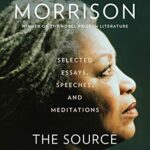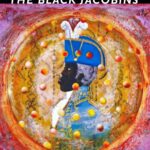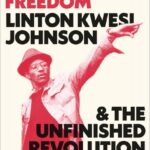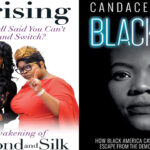
A Great Author Takes Her Final Bow
The Source of Self-Regard highlights over four decades of poignant commentary and analysis delivered in the form of graduation and conference keynotes, essays, invited lectures, and Nobel Prize duties. The result is a lens through which to view not only the esteemed author’s perspective and comprehension, but also the unchanging nature of American and global values concerning life, peace, transformation, history, truth, and human connection.









